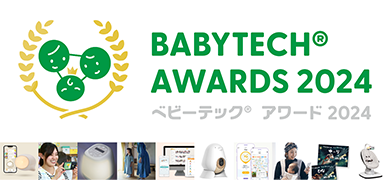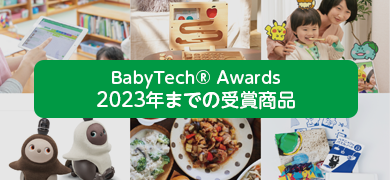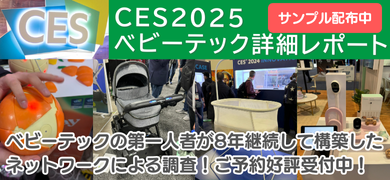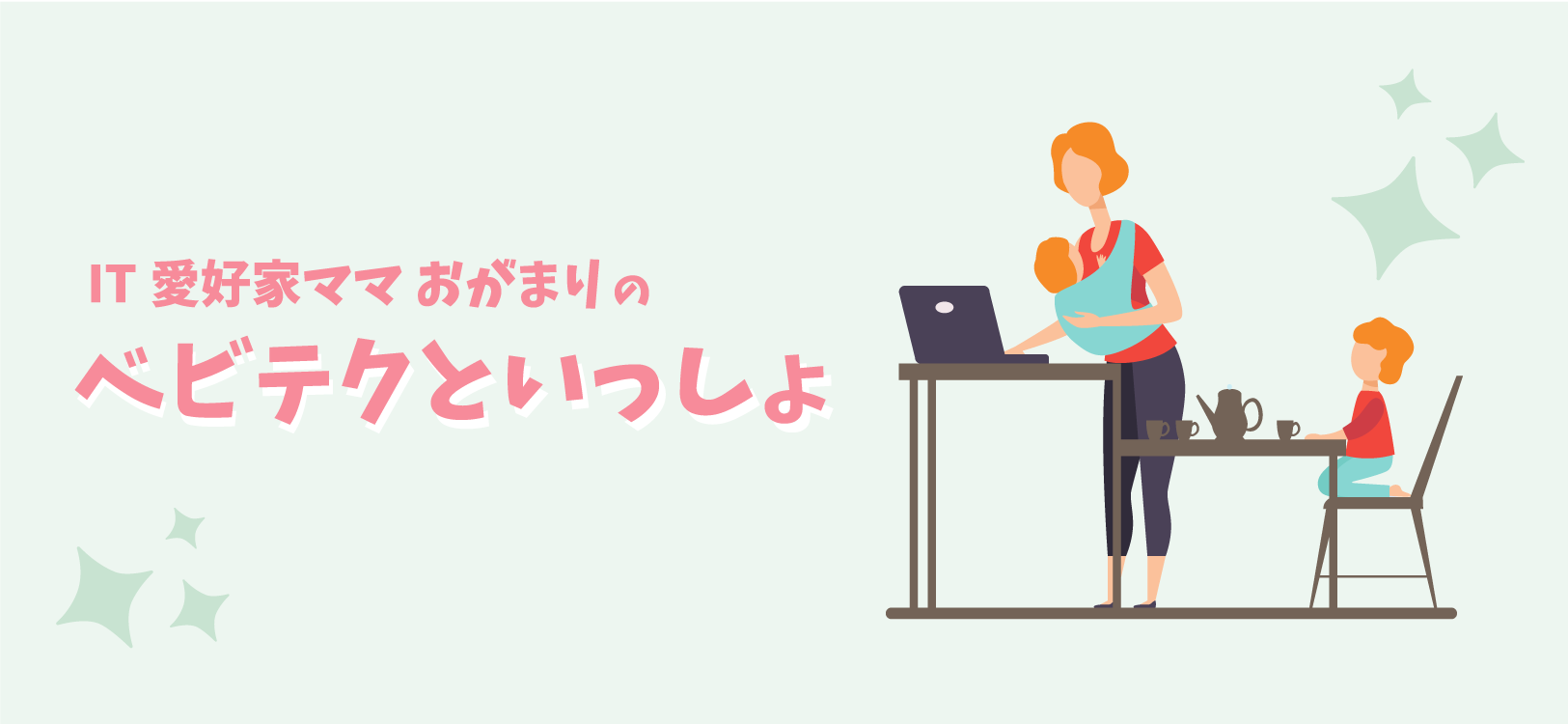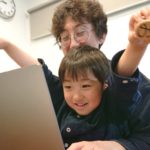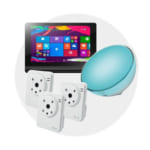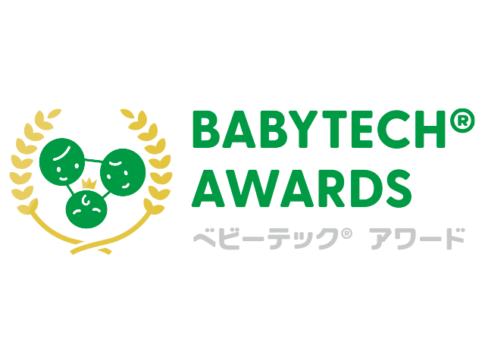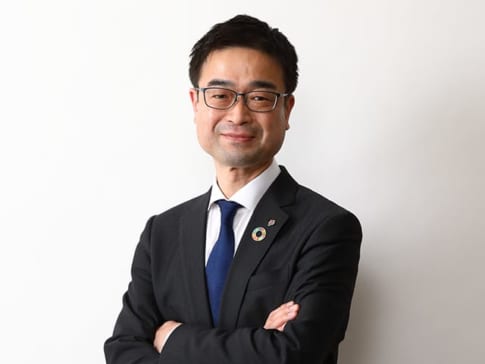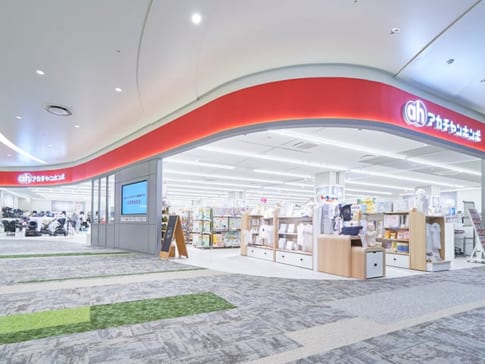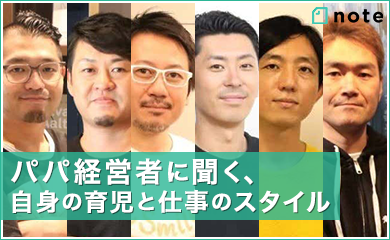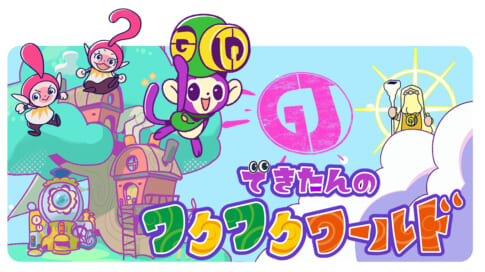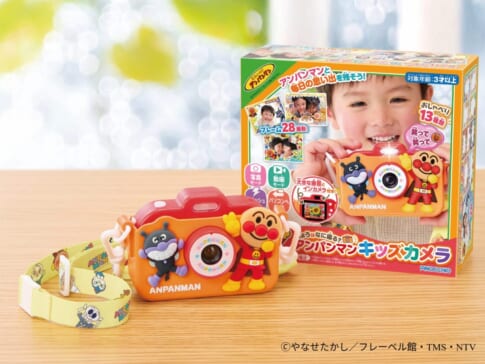- Teaching materials that stimulate the five senses and have mathematical support bring out the "excited mind!
- Materials for children to do "what they want to do independently" rather than for them to "study"!
- In the future, digital technology may allow pseudo "science experiments" to be performed at home.
With the spread of the new coronavirus around the world, elementary schools, kindergartens, and even daycare centers have been closed or have refrained from enrolling children in school, and services related to home study have been rapidly attracting attention in recent years. While many well-known companies have already launched their services, "Wonder Box" was newly released in April of this year. The service consists of "an application that can be used on tablets and smartphones" and "a kit that is mailed to you every month," and is designed not to "support school lessons" or "study for entrance exams," but rather to encourage children to "enjoy and want to work on it more! I want to work on it more! The content of the app is creative and motivates children to "enjoy it and want to work on it more! The BabyTech.jp editorial staff interviewed Mr. Kei Kawashima, CEO of WonderLab Inc. (hereafter, titles omitted), the developer of "Wonder Box," remotely to learn more about the service, its development process, and future plans.
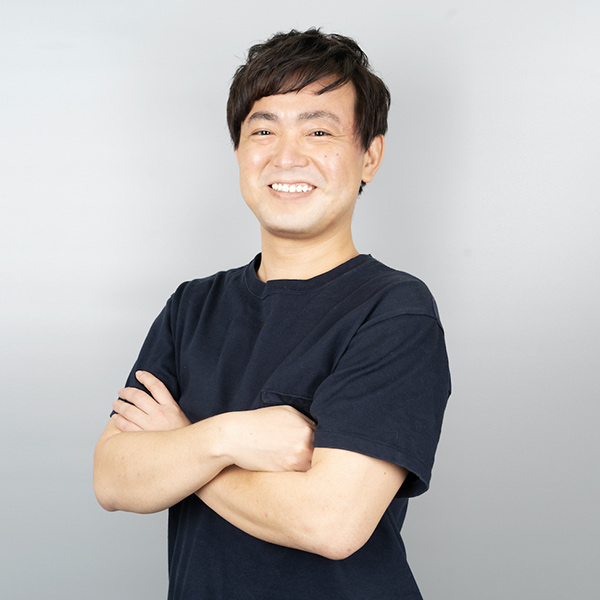
Kei Kawashima, developer of Wonder Box
(We spoke to...)
WonderLab Inc. Representative Director and CEO
Kei Kawashima
App" and "kit" bring out children's "wanderlust".
Editorial:Could you give us an overview of the "Wonder Box" and how it differs from other companies' educational services?
Kawashima:Wonder Box is a so-called STEAM education (Editor's note: A term coined by combining the first letters of five words: Science, Technology, Engineering, Art, and Mathematics. (An educational policy that has been gaining attention in recent years.) It is not intended to support the understanding of school lessons or to study for examinations, as is the case with general learning materials. In addition, while most study materials follow a curriculum and take the stance of "making children develop study habits (i.e., having them study)," Wonder Box aims to "allow children to freely engage in what they are interested in (i.e., to be spontaneous).
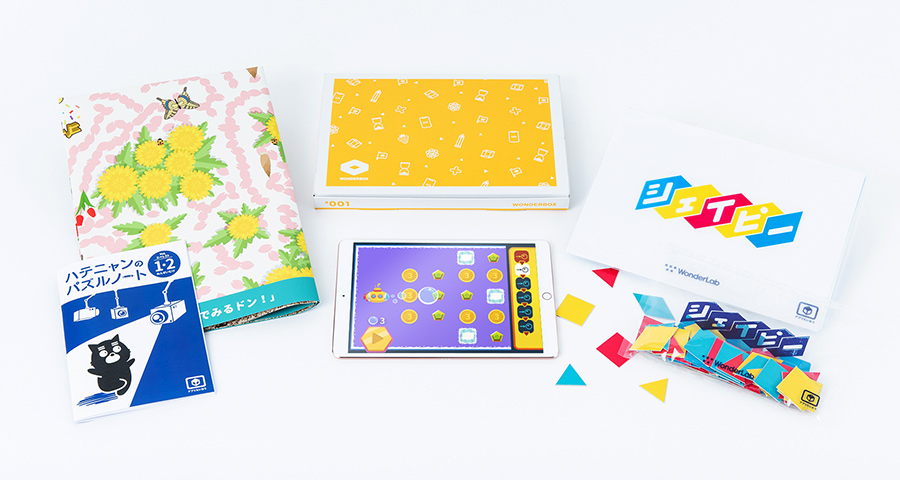
Wonderbox set of teaching materials
Editorial:So it is not a so-called "study material".
Kawashima:Yes, we do. The purpose of Wonder Box is to draw out and develop the intellectual curiosity in children. For this reason, Wonder Box has members who have participated in world puzzle competitions and created problems for the Mathematical Olympiad, and the materials created are highly advanced while stimulating children's curiosity.
Editorial:What materials are actually available?
Kawashima:Wonder Box is a combination of an "app" and a "kit" delivered monthly, and we aimed to attract children with the "appeal of the educational material itself" rather than relying on points or rewards. The "kits" that are actually delivered are carefully selected, rather than being sent unnecessarily large quantities of things. For example, the box that delivers the educational materials has a riddle on the lid when opened (the answer to which is entered into the app to unlock the educational materials for that month), and the box itself is a craft kit, etc., so that children are excited from the moment they open the box. There is also "Mission Hunter," in which children are instructed by a character to look for objects in the house that resemble faces, triangles, etc., and take pictures of them. This is a learning activity that is not completed only on the tablet, but is incorporated as part of the learning content in order to connect the children with the real world.
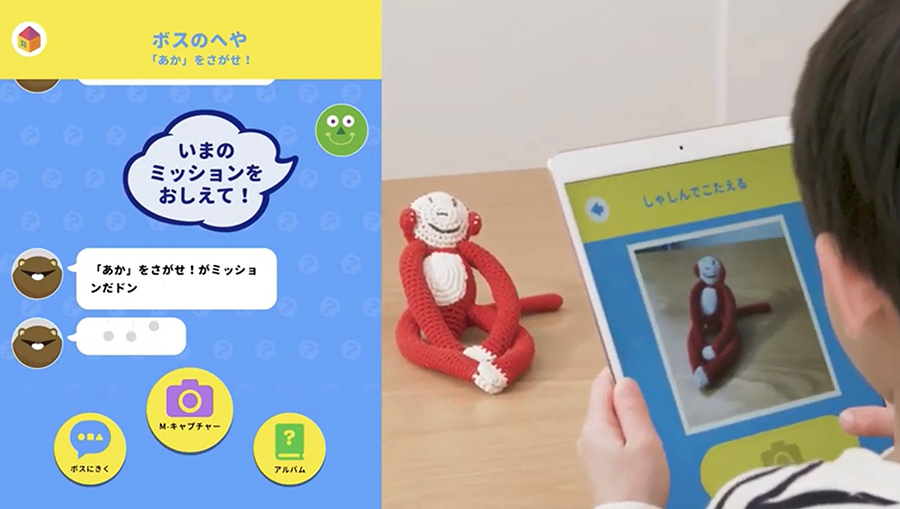
Mission Hunter," answering missions from bosses with photos.
To bring out the "potential" that lies within every child in the world
Editorial:What was the impetus behind the development of the Wonder Box?
Kawashima:I originally worked at a cram school called "Hanamaru Gakkai" where I created a book of problems called "Nazo-pe-" and taught children as the head of the school. There, I found many children who had low self-esteem and lacked self-confidence, even in rock-paper-scissors, because they did not want to play rock-paper-scissors because they would lose anyway. We wanted to create educational materials that would help these children, so we first created a learning app called "Think Sync. This Think Think is currently used in over 150 countries, and when I saw the excitement of children learning Think Think overseas, I wanted to bring out even more of their true potential. This was the impetus for the development of the "Wonder Box," a teaching tool that combines an app with a "hands-on kit.
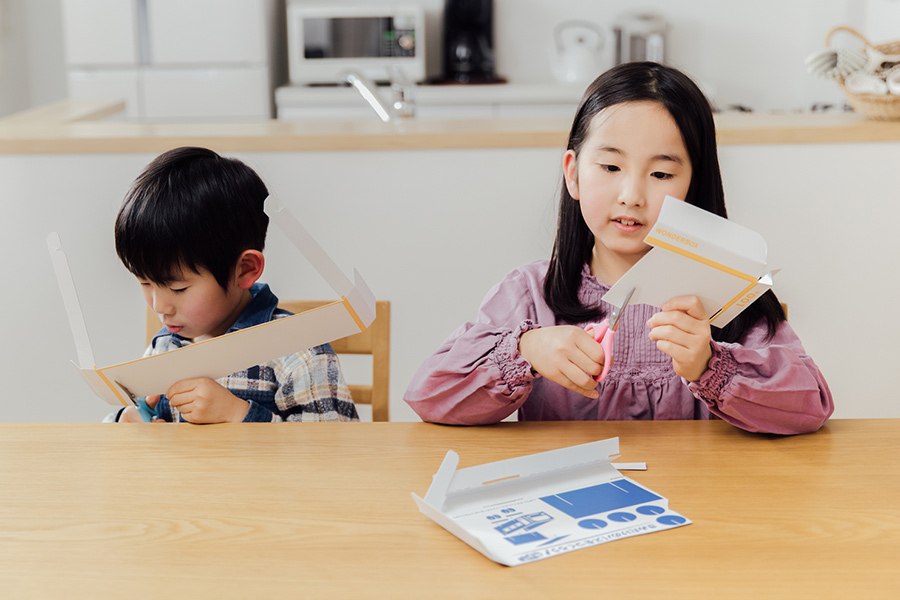
Some of Wonderbox's teaching materials are produced by our own hands.
Kawashima:In addition, at Hanamaru Gakkai, we have witnessed that the attitude and involvement of the parents really have a great impact on the growth of their children. If parents cannot respect their children's intellectual curiosity and independence, it is difficult for children to grow. What is important, I believe, is to draw out children's own curiosity (=wonder) rather than forcing children to learn such knowledge and skills because they will be useful in the future. By doing so, children will create things in the future that adults cannot even imagine, and create a wonderful world with their own hands. That is why we have developed Wonder Box as educational materials not to acquire knowledge, but to nurture sensitivity and the ability to think, which are the foundation for living in one's own way, through the experience of "feeling, thinking, and creating".
The "Wonder Box" has become a much-anticipated addition to a child's life!
Editorial:What kind of feedback have you received from children and parents about the Wonder Box?
Kawashima:We were happy to hear feedback that the children look forward to it so much that they visit the mailbox several times a day. For the children, "Wonder Box" is not a study, but a "play" and something they want to do. On the other hand, for the parents who use the Wonder Box, they seem to think it is something they would be happy to do. Also, the target age range of Wonder Box is set from 4 years old to 4th grade, but some parents of 4th graders said, "I want to continue to use it, but what should I do when they reach 5th grade!" Some parents said, "I would like to continue the program, but what if I get into the 5th grade? (Editor's note: The age range of 4-10 is actually a guideline, and since the program is non-graded, it is possible to work with students outside of the target age range.)
Also, this may not be user feedback, but here's what happened. Originally, the Wonder Box is made in an amount that can be finished just in the free time after coming home from school or on holidays. However, due to the school closure caused by the new coronavirus, we received a voice like ...... who finished the Wonder Box in three days after the kit arrived because he had time to do so. For this, we immediately recorded and distributed videos of new ways to play with the materials through the app. In this way, I think the ability to respond immediately to customer feedback is one of the advantages of utilizing digital technology.
Editorial:Have you received any comments from the pundits?
Kawashima:One of my former teachers, a math teacher at Eiko Gakuen named Mr. Yohisa Imoto, who appeared on NHK's program "Professional Work Style," asked me, "Can you produce such a rich material every month?" (laugh). (Laughs.) Although parents may not be aware of it, he has praised us profusely, saying that the content is the "foundation for all learning" using mathematical thinking and the five senses, and that the materials make a great contribution to opening up the possibilities of children's lives.
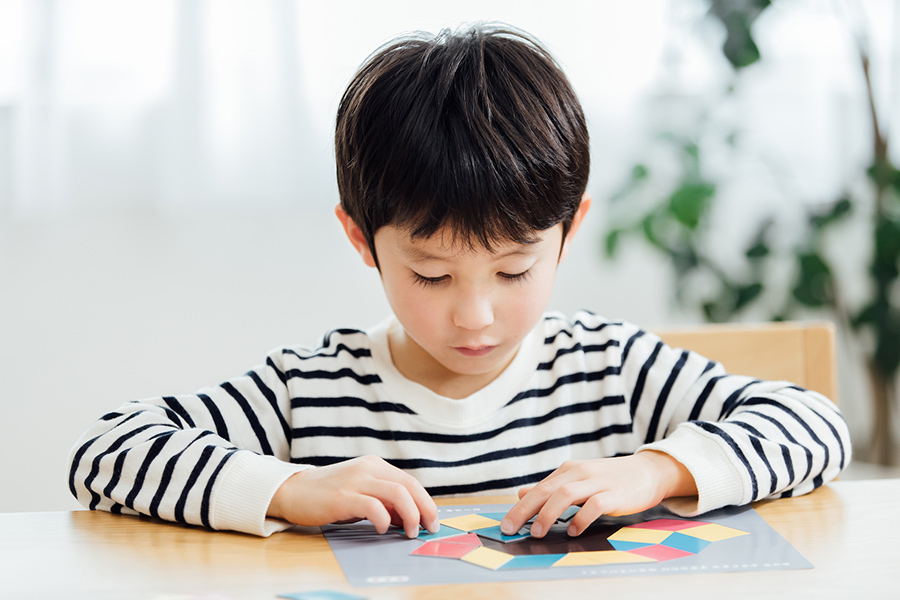 Wonderbox is designed to allow children to proceed independently.
Wonderbox is designed to allow children to proceed independently.
Evolution to more advanced STEAM education and global expansion is also in sight.
Editorial:Please tell us about the future development of "Wonder Box".
Kawashima:We would like to create educational materials that will further draw out the "intellectual excitement" of children in a way that cuts across the STEAM domains. Specifically, in the areas of physics and chemistry, we are thinking of using digital technology to simulate science experiments that would be too dangerous to perform at home. We have also received a great response from people living overseas, and we plan to launch the project in limited countries in the near future, and then gradually expand the target countries. As for the global development of WonderLab, since the physical kits are limited in terms of distribution, we would like to develop not only in the Wonder Box medium but also in the area of "intellectual curiosity (=wonder)" so that children around the world can enjoy the best experience possible at that time in their lives. I would like to develop the Wonder Box in such a way that children around the world can enjoy the best experience possible at that time.
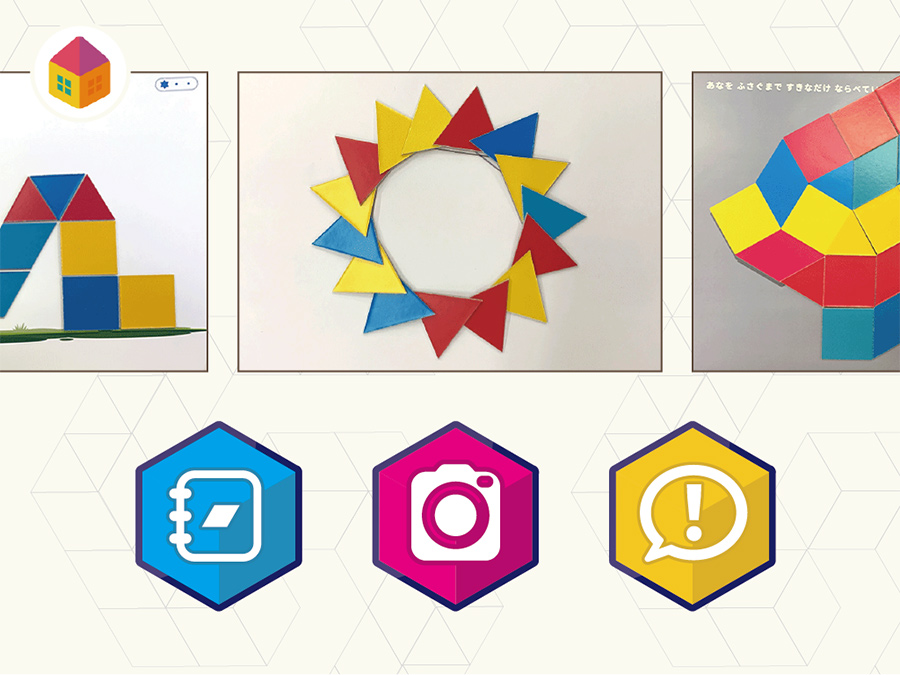
The "Wonder Box" program, which looks simple but is profoundly deep
After the interview
I was told that "children look forward to it so much that they go to the mailbox several times a day," which reminded me of how I myself used to look forward to the monthly Gakken "Science" magazine when I was a child. It was something I wanted to do, not study, and I think that experience helped me a lot later in life. I believe that Wonder Box may be the same way to draw out the most important source of motivation, curiosity, and zest for life for children. I have high expectations for the infinite possibilities that are packed into this small box.
Wonder Box Official Web Site
https://box.wonderlabedu.com/

